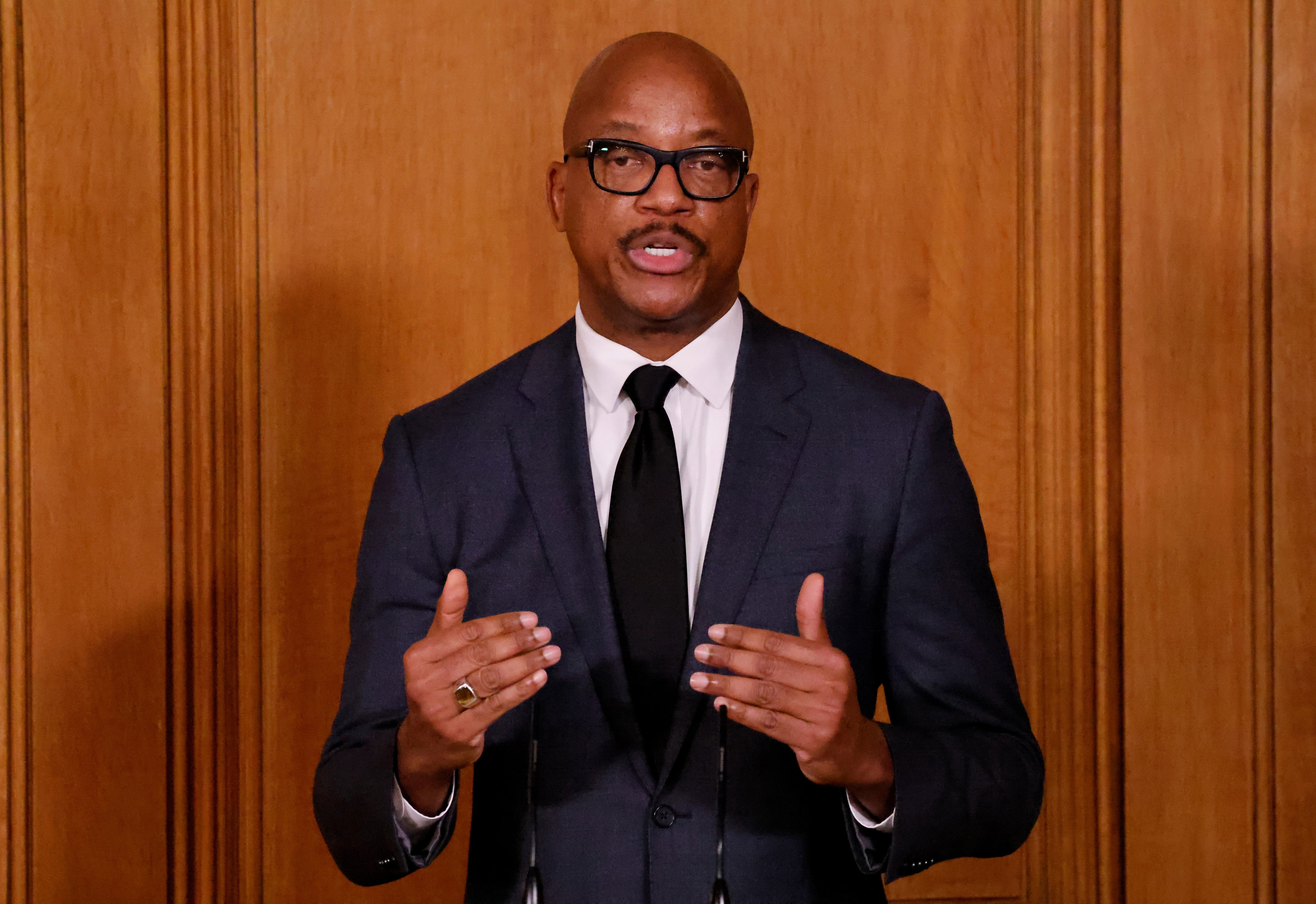Public health doctor urges those with monkeypox symptoms to avoid London Pride
Professor Kevin Fenton has urged people with monkeypox symptoms to stay home and not attend Pride events this weekend.

Your support helps us to tell the story
From reproductive rights to climate change to Big Tech, The Independent is on the ground when the story is developing. Whether it's investigating the financials of Elon Musk's pro-Trump PAC or producing our latest documentary, 'The A Word', which shines a light on the American women fighting for reproductive rights, we know how important it is to parse out the facts from the messaging.
At such a critical moment in US history, we need reporters on the ground. Your donation allows us to keep sending journalists to speak to both sides of the story.
The Independent is trusted by Americans across the entire political spectrum. And unlike many other quality news outlets, we choose not to lock Americans out of our reporting and analysis with paywalls. We believe quality journalism should be available to everyone, paid for by those who can afford it.
Your support makes all the difference.London’s top public health doctor has urged people with monkeypox symptoms not to attend Pride events in the capital this weekend.
Professor Kevin Fenton says people with symptoms such as blisters, fevers and swollen glands should stay at home over the weekend and report their symptoms, BBC News reported.
There were 1,076 confirmed cases of monkeypox in the UK between May 6 and June 26, according to the latest Government figures.
Prof Fenton, the regional director for London in the Office for Health Improvement and Disparities within the Department of Health and Social Care, told BBC News: “If you think you may have monkeypox – blisters, fevers, swollen glands – please do not go out over the weekend.
It’s important to remember that most people make a full recovery, but everyone should look out for symptoms and avoid close contact with those affected
“Stay at home and contact NHS 111 or your local sexual health service for advice.”
His warning comes ahead of Pride in London, an LGBT+ festival and parade, on Saturday.
The virus can be caught by anyone – and it is not currently defined as a sexually transmitted infection – but it can be passed on through intimate contact during sex.
The current outbreak has largely occurred among gay and bisexual men, according to the UK Health Security Agency (UKHSA).
The UKHSA is an executive agency responsible for protecting people in the UK from infectious diseases, chemical, biological, radiological and nuclear incidents and other health threats.
On June 21, the UKHSA announced that in a bid to control the outbreak, some gay and bisexual men at higher risk of exposure to monkeypox should be offered the smallpox vaccine Imvanex.
Sasha Misra, associate director of communications and campaigns at Stonewall, an LGBT+ charity, said: “Anyone with monkeypox can pass it on through close contact, regardless of sexual orientation, but currently gay and bi men are disproportionately affected.
“It’s important to remember that most people make a full recovery, but everyone should look out for symptoms and avoid close contact with those affected.
- New and unusual spots, ulcers or blisters anywhere on the body
- Fever
- Headaches
- Muscle aches
- Chills
- Fatigue
- Swollen glands
“If people experience symptoms, they should contact NHS 111 or their local sexual health centre.
“The news that the NHS England will soon be offering a vaccine to eligible people is welcome.
“We all have a part to play to ensure that LGBTQ+ communities have a healthy and happy Pride season.”
Monkeypox symptoms include new and unusual spots, ulcers or blisters anywhere on the body; fever; headaches; muscle aches; chills; fatigue; and swollen glands.
Most people have a mild illness, with recovery within three weeks, but in some cases severe illness can occur and sometimes results in death.